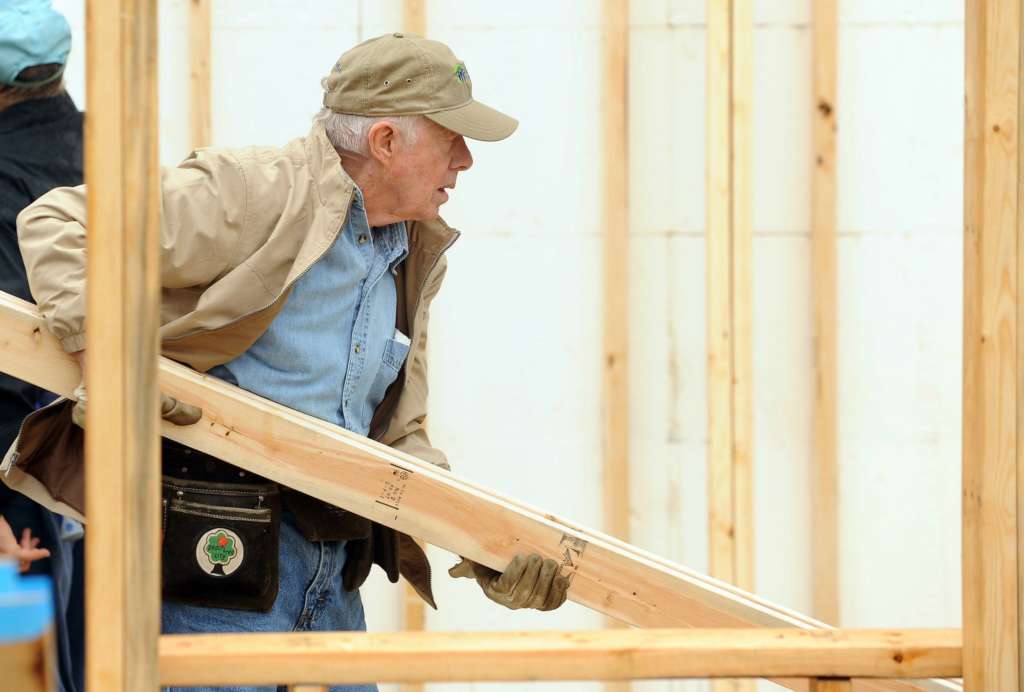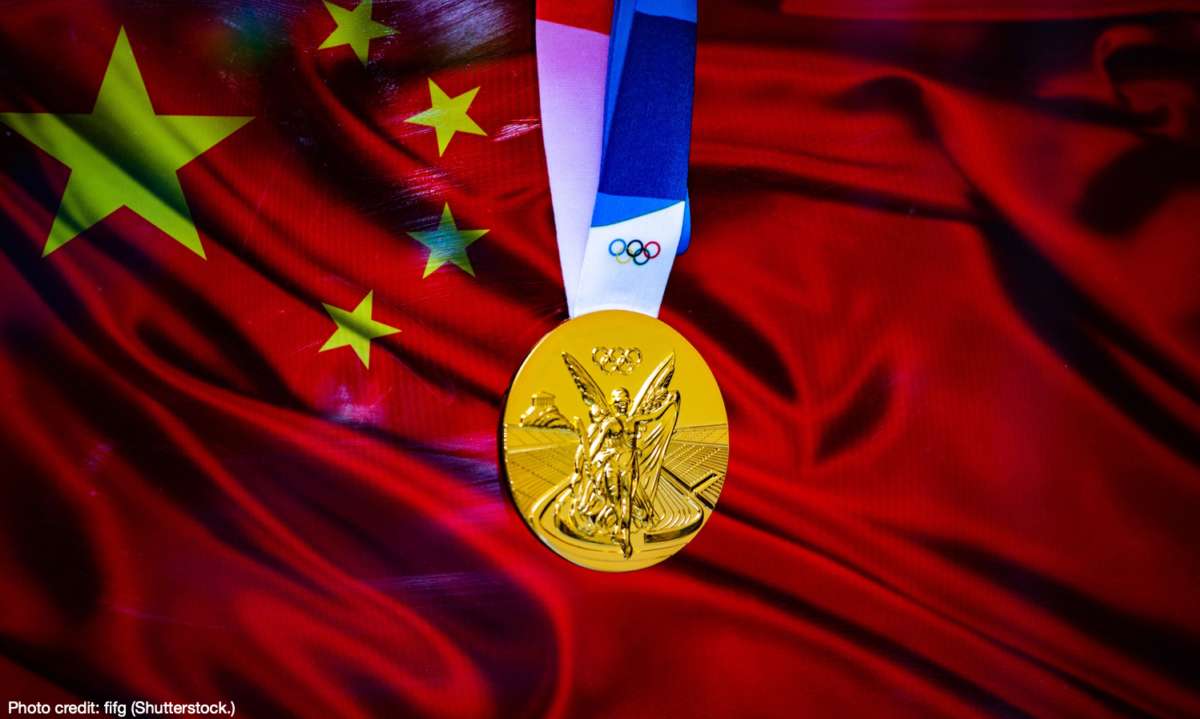The XXIV Olympic Winter Games (起向未来)
In another two weeks, thousands of athletes from ninety countries will be descending on Beijing for the 24th Winter Olympic Games. For atheltes, this is the true test of greatness. While the very first Olympics were held in Greece in the 8th Century B.C., the modern Olympics debuted in 1896. Neither of the events included what we know as winter sports.
The Olympics were, then as they are now, very important events. In fact, time in the ancient world was measured not in years, but in forty-eight month periods known as Olympiads (beginning in 776 B.C. and ending in 393 A.D.)1 The games began on the first or second full moon following the summer solstice, and were sort of a New Years celebration given their usefulness of a measure of time.
The original Olympics were focused on all weather sports which we today associate with track, such as shot put, javelin, running, boxing and wrestling, discus, and equestrian events (including chariot racing) to name just a few. The very earliest Olympics lasted only a day, but eventually three days and then five days were needed. The Olympics also had a religious aspect to them, and many bulls were sacrificed to Zeus.
Winter Olympics began in 1924. The very first Olympic sports were skating, bobsledding, curling, ice hockey, and Nordic combined (which included skiing and target shooting.) Since then, other winter sports have been added.
While the COVID pandemic is forcing China to restrict visitors to the games, hundreds of millions of people around the world will be glued to their televisions, computers, and phones watching the games live. Many more will tune in for the opening and/or closing ceremonies, which are themselves memorable.
The schedule for the Beijing Winter Olympics can be found here.

Whether we consider the winter or the summer games, the very best athletes on the planet compete for the medals. A fraction of a single second can mean the difference between winning gold and not winning any recognition at all. Competitors train relentlessly for those few minutes of scrutiny every four years and to slip or stumble is positively heartbreaking. At every Olympic, someone stands out because they have won multiple gold medals during the games. In terms of strenght, agility, endurance–sheer prowess, that person is truly a great athlete in the eyes of man. But, how does God measure greatness? Is He also impressed with Olympic performances?
Other examples of greatness
We use the term “great” or “greatness” in other contexts as well. One hears of great friends; great aunts; great leaders or great teachers; great times; great bargains at the marketplace or a great hand of poker, perhaps. Sometimes, the word “great” is used as a synonym for “grand.” For example, the German equivalent of the word “great” is “gross.” So, a grandfather is called grossvater in German.
What Jesus tells us about the word “great”
Olympic champions are rightfully proud of their accomplishments (rightfully proud as the world goes, that is.) Hopefully, they carry themselves with poise and dignity, but occasionally they don’t. Many fans and disinterested observers would condone some boastful chatter or “bragging” from their mouths or some display of chest thumping or other celebration. After all, their hard work paid off. And athletes often have to overcome hardship to qualify for the games as well.
But, God calculates greatness in a completely different way, and that is according to the measure of humility that a person possesses. No less a person than St. Augustine is reported to have said “…almost the whole of Christian teaching is humility.” And, that humility is, to a large degree, proportionate to the accomplishments of that person. Matthew 18:4 notes:
“Whosoever therefore shall humble himself as this little child, the same is greatest in the kingdom of heaven.”
The word for greatest in this verse is meizōn (μείζων.) It’s common or obvious meaning is “greatest,” and it is also used as an adjective to describe “distinguished,” “eminent,” “illustrious” or “powerful.”
Humble or humbleness (gk: tapeinos or ταπεινώσ) on the other hand, means “low, in situation; of condition, humble, poor, or depressed.”2 In some cases, a sense of “unworthiness” is descriptive as well. For example,Jesus the Creator being born in a stable, entering Jerusalem on a donkey instead of a white stallion and washing the feet of his disciples. Picture God Almighty on His knees serving his creation to demonstrate not only humility, but servanthood as well. And today, Pope Francis continues this tradition, washing the feet of not peers, but prisoners!
“‘I am a sinner but come as Christ’s ambassador,’ the Pope told the prisoners. ‘When I wash your feet, remember that Jesus never abandons you and he never tires of forgiving you.'”

Paul picks up on the thought of servanthood in his epistle to the Philippians 2:7,8:
“. . .he made himself nothing by taking the very nature of a servant, being made in human likeness. And being found in appearance as a man, he humbled himself by becoming obedient to death— even death on a cross!”
I think a good contemporary example of humility can be found in the life of President Jimmy Carter, the 49th President of the U.S. While other retired presidents play golf, sell books, show up once a year briefly at a soup kitchen for a photo op, or speak in public for five or six figure sums, President Carter builds homes for the poor. In poor neighborhoods, even. His hands have raised dozens of homes–perhaps a hundred or more! Whether the temperature is hot or cold, rain or shine, he can be found working for hours to improve the life of some disadvantaged citizen.
Humble people are not the easiest to find, but you’ll know them when you find them. And they are worth searching for, because we can learn a lot from them. Meanwhile, enjoy the Olympics, and applaud the athletes, the heros of the hour. And while you are at it, work on your humility as it applies to whatever gifts or talents God has given you. Who knows, you may be a hero to someone, yourself!
Citations
1https://olympics.com/ioc/ancient-olympic-games
2https://www.billmounce.com/greek-dictionary/tapeinos. “In fact, the root of “humility” ― humus ― just means ground or soil, and the humiliores were those who lived near to the humus, eking an existence from the dust” according to Kent Dunnington.




